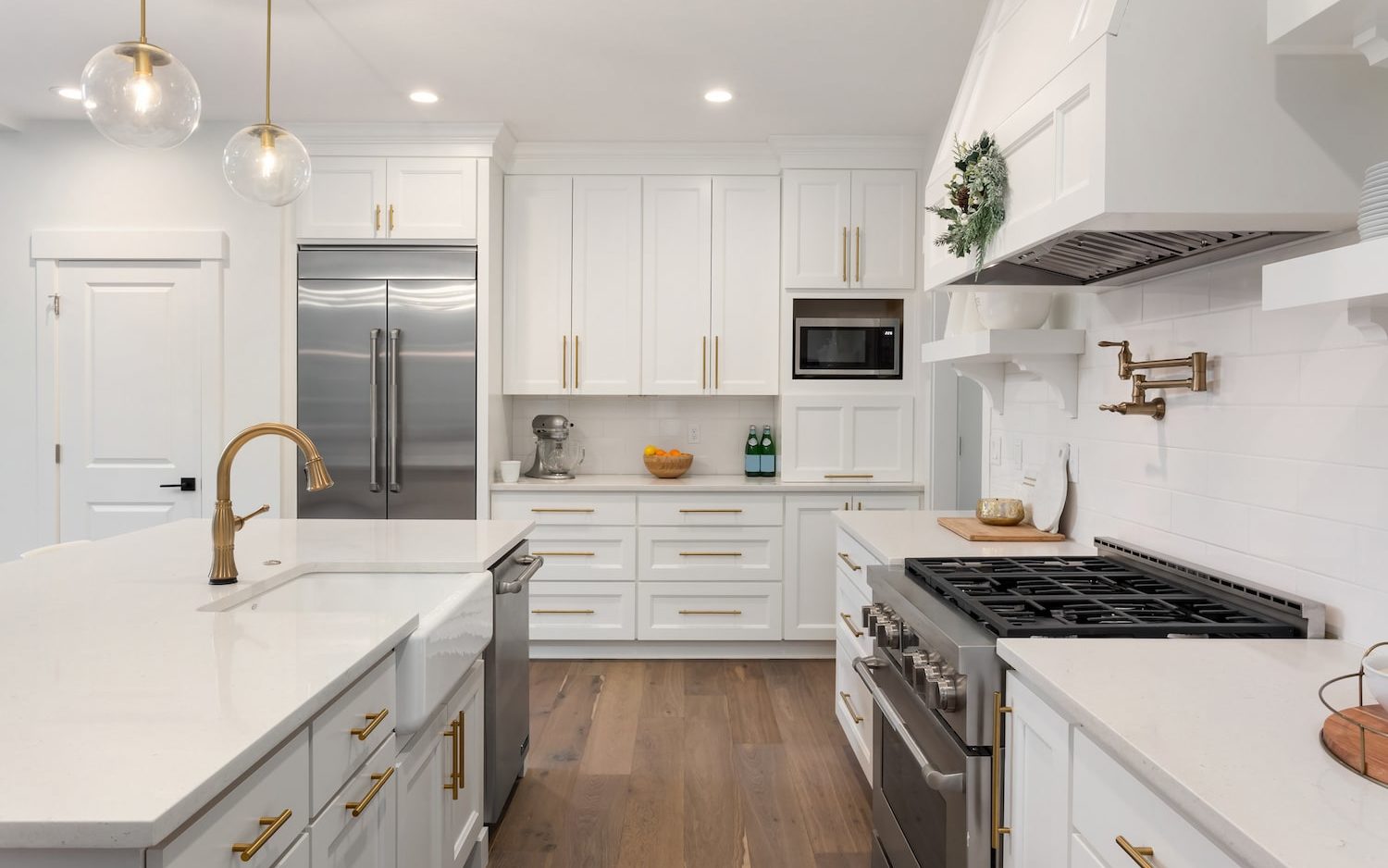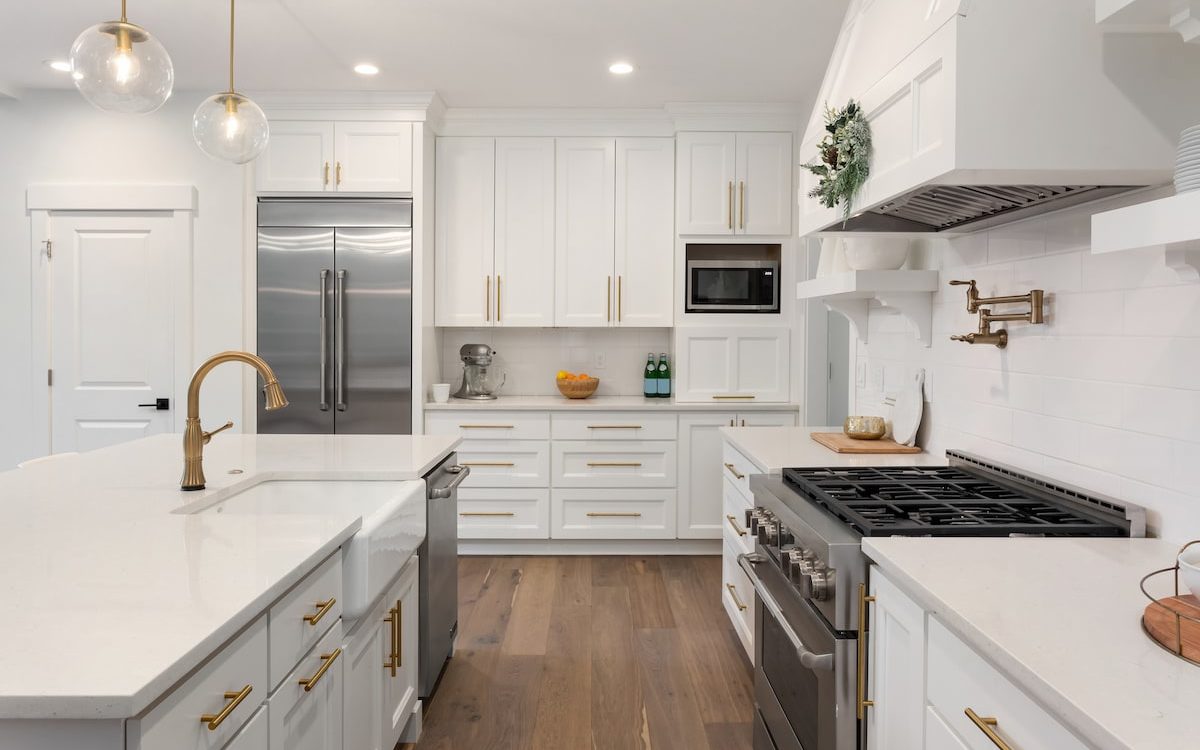Welcome to 2024! There’s a buzz in the air as the spring real estate market seems to be starting earlier this year. Whether you’re looking to sell and aim for a top-dollar deal, or you’re on the hunt for your dream home, now’s the perfect time to gear up. Let’s dive into strategies that blend creativity and effectiveness, ensuring your journey in this vibrant market is as successful as it is exciting. It’s time to bring your 2024 real estate goals to life!

Tapping into the 2024 Real Estate Market’s Rhythm
Spring in real estate is lively, offering a diverse range of options for buyers and increased interest for sellers. While more buyers may enter the market, anticipating a slight shift in interest rates, it’s important to approach this season with a blend of enthusiasm and strategy. Buyers look forward to exploring more choices, and sellers get ready to welcome serious prospects.

Sellers: Enhancing Your Home’s Appeal
This season is your chance to shine. A little effort in staging your home and boosting its curb appeal can go a long way. These thoughtful touches not only attract potential buyers but also help your property stand out. It’s about creating an inviting atmosphere that resonates with buyers. You don’t want to start making updates without knowing which are going to provide you with the best return on your 2024 real estate investment. We can help you determine what areas to focus on.

Buyers: Stepping Up with Confidence
For buyers, the key is preparation. The first step for anyone thinking about buying a home is obtaining mortgage pre-approval – it clarifies your budget and shows sellers your commitment. In a market that’s picking up pace, this preparation puts you in a position of strength, allowing you to act decisively when you find the right home. When it comes to finding a home, we can set up a property search. A property search will notify you as soon as homes that match your criteria become available. By working with a real estate agent, not only do you benefit from our knowledge and expertise, you have access to homes before the hit the market. We are available to answer all of your real estate buying questions.

Informed Decisions Lead the Way
Staying updated on market trends is crucial, whether you’re selling your home or looking to buy. A good grasp of the 2024 real estate landscape enables you to navigate the market with confidence. Keep an eye on local trends and seek insights that align with your goals.

Clarifying Your Goals
Take a moment to outline your objectives for this spring. Sellers, once you know the value of your home, we can discuss if there are any steps that will make your property more appealing. It’s also the perfect time to think about what your move will be after the sale – are you looking to upgrade, downsize, or relocate? Buyers, think about what you’re looking for in a home and outline your wishlist. Clear goals are your roadmap in this exciting market.

Ready for a Successful Spring?
The 2024 spring market is ripe with possibilities. With thorough preparation and a clear vision of your goals, you’re well-equipped to take on the real estate opportunities this season presents. From staging tips to mortgage lender recommendations, we are here to provide you with expert guidance and support – just give us a call! We look forward to helping you achieve your real estate goals in 2024!









































